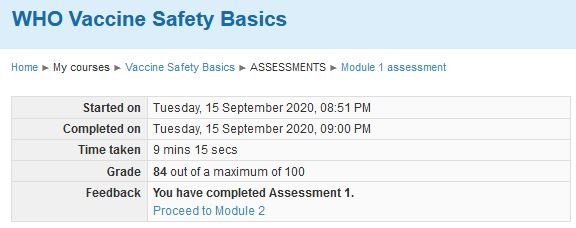OP, thank you for your contribution. I always get my vaccinations but I admit I'd be afraid to be part of a trial.Here is an interview with a knowledgeable person on vaccines and their trials. Dr. Offit gives us his views on when we might see a vaccine and how good it will be.
https://www.peoplespharmacy.com/articles/show-1225-what-is-the-evidence-on-vaccines-and-masks
In the last 20 minutes we learn about a test of various types of masks, how good they are and what people should be wearing. The testing was done by medical professionals and the Duke University Physics Department.
I'll listen to People's Pharmacy show 1225. They always have excellent guests and good questions.


 .
.